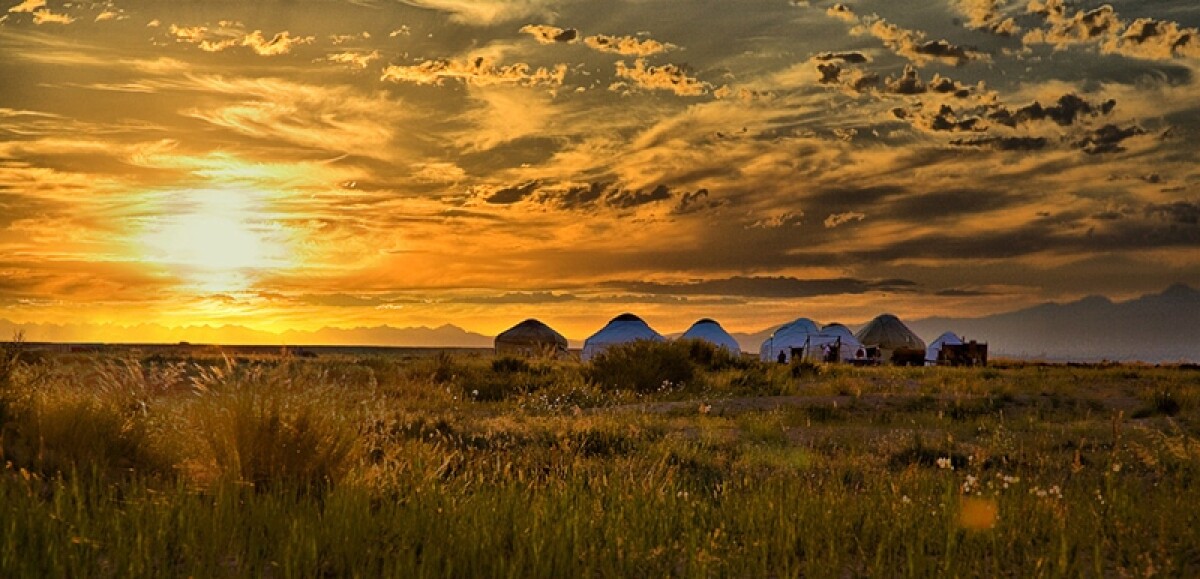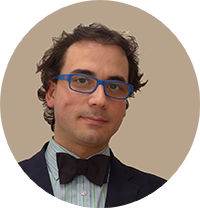

Harun Yilmaz is the doctor of history, British Academy Research Fellow at Queen Mary University of London. Dr. Yilmaz is a regional expert in Central Asia, the Caucasus and Ukraine.
He published academic research on the Georgian-Azerbaijani relations (2009), and on Soviet national identity building in Kazakhstan (2012, 2013) and in Azerbaijan (2013). He also runs tutorials in history and international relations at the University of Oxford.
— Please, tell us about your background. How often do you come to Kazakhstan?
— I was born in Istanbul. My master degree and PhD I did at Oxford University. The topic of my dissertation was "The writing of national history of Kazakhstan, Azerbaijan and Ukraine during Stalin". After my thesis I focus on the subject of creating a national history and identity. I also was a research fellow at Harvard University. Now, I am a research fellow of the British Academy, I also teach at the University of London. Since 1999 I often visit Kazakhstan. Duration and frequency of my visits depends on my research projects. Usually, when I come to Kazakhstan, I stay here for a few months.
— What is your current research focus?
— At the moment my research subject is "How the new (post-Soviet) generation understands their (recent) past in Kazakhstan and Azerbaijan". This subject is very relevant in the Baltics, Russia and Ukraine. Nevertheless, it is not well studied in Central Asia and Caucasus. I have started working on this project not so long ago, from September of this year.
— Do you cooperate with Kazakhstan scientists?
— In the previous projects I cooperated with the Kazakhstan scientists. At this stage, so far the project at the very beginning of the development, I had no contacts with the Kazakhstan scientists, but in the future I am open for cooperation.
— In your opinion, what historical event in the history of Kazakhstan is little known or not fully revealed?
— Many important researches on history of Kazakhstan were made, both during the Soviet period, and after independence declaration. For centuries the Kazakh steppe had very dynamic history. There were important historical turning points, including turkification, invasion of Mongols and Dzhungars, also joining to Russia. Each of these points give to historians a big filed for researches. The last turning point in the history of Kazakhstan is what the nation went through while being under the Soviet power. To interpret recent history is the hard task due to its character. This intensive period promises the number of themes for research in the future.
— What events would powerfully explain certain things about Kazakhstan if we knew more about them?
— The history is a chain of interdependent events. One event leads to another. I am not sure that it is possible to select one specific event which will be a key to understanding of all history.
— The President of Kazakhstan N. Nazarbayev offered an idea of celebration of the 550th anniversary of statehood. What do you think of it?
— It is a very good idea. As the historian and expert of national identity, I completely support celebration of this event. It will become the excellent response to those who doubts that Kazakhs had the statehood and history. Moreover, the celebration on the occasion of the 550th anniversary of statehood shall become an example for celebrations of other historical events in the country. Kazakhs’ history has great commanders, wise khans and the considerable victories. Along with creation of the first khanate, these brilliant names and events may become popular.
Interview made by
Dinara TAUKEBAYEVA
